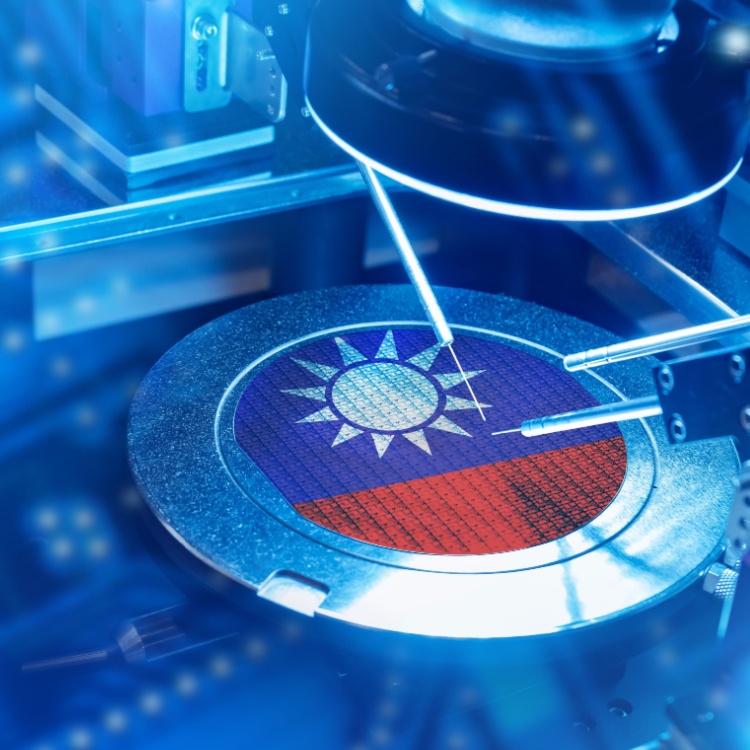Why System Integration is Important for Global Manufacturing

May 21,2019,Philippines—The global manufacturing industry is currently in transition to fully integrating latest innovations such as the Internet of Things (IoT) and the Internet of Services (IoS) in production. Of course, it is expected that manufacturers will adapt to these changes by updating and upgrading the way they operate.
With digitalization, managing each phase of manufacturing separately is not only becoming a thing of the past, but is also becoming inefficient and disadvantageous for manufacturers especially with how competitive global manufacturing is. It also does not help that most manufacturers offer a wide range of services from product design and development to test solutions which requires a large scale of organization.
A free flow of information through each manufacturing stage is something every manufacturer should work on having, and that is exactly what system integration is for. Here are seven reasons why system integration is important for today’s global manufacturing.
It improves real-time visibility
The world changes at a faster rate every day. An information from last week or even just earlier this morning could easily be already outdated. Collecting data from different departments take plenty of time, and not to mention, analyzing them are another separate task. To avoid making critical decisions using outdated information, system integration is the only way to go.
System integration enables manufacturing companies to have constant data connectivity which automatically updates data and improve real-time visibility between all departments in the company. Moreover, having an integrated system also reduces human error and improves accuracy of data.
It speeds up processes
System integration does not only speed up the process of data gathering and analysis, but also the entire manufacturing cycle. With less time spent on sending and collecting data for the entire cycle, manufacturing, testing, and even distribution can move at a faster pace without any lag time.
This reduced manufacturing time allows for increased manufacturing capacity as well as quicker flow of products from factories to consumers.
It increases efficiency
With faster processes, work efficiency will definitely increase. Instead of doing the tedious work of entering data manually into the system, employees can now focus on their actual tasks which can then boost their productivity and motivation to work. Additionally, integrated systems can also help companies run automated processes and remove worries of having to hire more employees to do those tasks.
It creates flexibility
No matter how fast the technological advancements are being developed inside the global manufacturing industry, a few years wait is necessary before seeing its full effects on consumers and the whole world. Nonetheless, manufacturers need to be flexible once the manufacturing landscape starts changing again.
System integration is designed to be paperless which is the start point of digital manufacturing. This, combined with faster processes, allows companies to adapt well to the ever-evolving market and industry conditions.
It increases sales
Global manufacturing is full of fierce competition that every passing second matters. The good thing with system integration is that it allows for a quicker flow of products to consumers which would definitely have a huge impact on the overall company sales. Moreover, having integrated systems would mean having constant and instant access to all information. This could result to faster and better customer service which can also pull up sales.
It saves costs
System integration does not only financially help the company by boosting its sales. From minimizing the risk of making decisions with outdated information to reducing the manufacturing time, system integration also enables manufacturers to save on costs, or allocate their budget and resources to other more tasks.
The global manufacturing industry collectively moves forward. Aside from the convenience of being updated with advanced technologies, having integrated systems is a necessity for manufacturers to remain competitive in the industry.
Although it might be a complicated process in the beginning, system integration will definitely simplify working in a digital environment.
Other Blog



